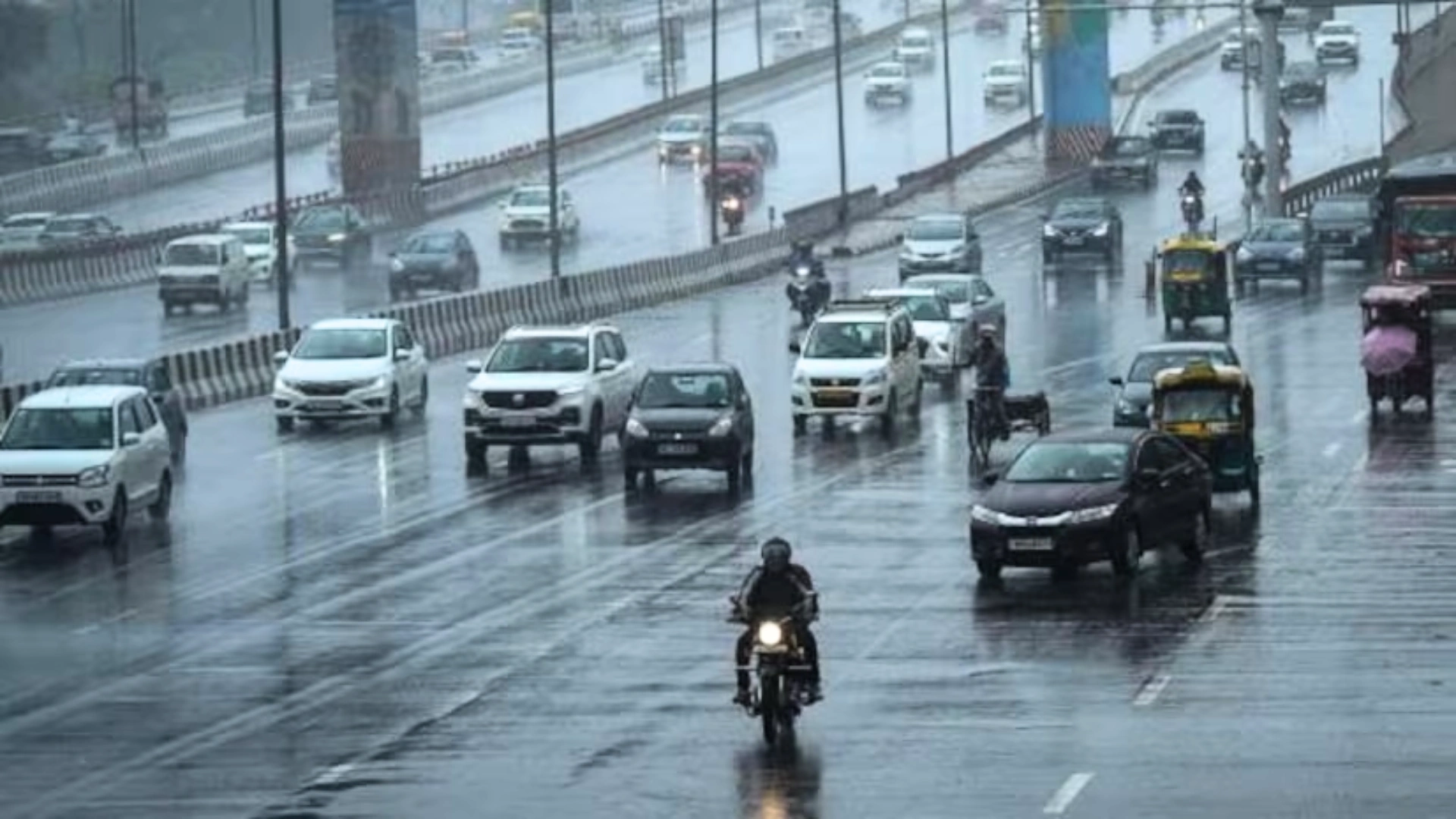United Arab Emirates leader pardoned 57 Bangladeshi nationals on Tuesday who had been convicted in rapid trials for their involvement in protests in the Arabian Peninsula nation, which were related to unrest in their home country.
Sheikh Mohammed bin Zayed Al Nahyan, the ruler of Abu Dhabi, made this decision following a telephone call with Bangladesh’s interim prime minister, Nobel laureate Muhammad Yunus, last week. Yunus had assumed leadership in Bangladesh after demonstrators forced longtime Prime Minister Sheikh Hasina to flee the country.
The arrests in the UAE highlight the strict laws against speech and public protest in this Gulf Arab country, which includes the cities of Abu Dhabi and Dubai.
The Emirates’ state-run WAM news agency did not specify the number of Bangladeshis pardoned but mentioned that it involved those who participated in “protests and disturbances across several emirates” in July. The reports indicated that the decision included canceling the sentences of those convicted and arranging for their deportation.
In Bangladesh, the state-run news agency quoted an adviser to Yunus, who mentioned that all 57 Bangladeshis arrested and tried would be returning to the country soon.
Gathered with an intent to incite unrest
The Abu Dhabi Federal Court of Appeal had sentenced 53 Bangladeshi nationals to 10 years in prison and another Bangladeshi national to 11 years. Additionally, three others received life sentences in the Emirates, a federation of seven sheikhdoms.
Prosecutors had accused the men of “gathering in a public place and protesting against their home government with the intent to incite unrest,” as well as obstructing law enforcement, causing harm to others, and damaging property.
Human Rights Watch, however, described the men as being “arbitrarily detained, convicted, and sentenced to long prison terms… based on their participation in peaceful demonstrations.”
Read More: Why is UK suspending some arms exports to Israel?
Protests in the UAE occurred following weeks of demonstrations in Bangladesh, where people were upset about a quota system that reserved up to 30% of government jobs for relatives of veterans who fought in Bangladesh’s 1971 war of independence. In late July, the country’s top court scaled back this controversial system.
After governing the country for 15 years, Hasina resigned and fled Bangladesh on August 5 as the protests intensified.
The United Nations estimated that the weeks of violent protests and Hasina’s crackdown resulted in the deaths of more than 600 people.
Criminalization of protests in UAE
In the UAE, broad laws tightly restrict speech, and nearly all major local media are either state-owned or state-affiliated. Additionally, laws criminalize the few protests that occur among foreign laborers.
The Emirates’ population exceeds 9.2 million people, with only 10% being Emirati. The rest are expatriates, many of whom are low-paid laborers sending money back to their families. Estimates suggest that Bangladeshis form the third-largest expatriate community in the UAE, following Indians and Pakistanis.
Many Bangladeshis in the UAE are employed in low-paid blue-collar jobs, with many sending remittances back home to support their families.
The UAE has a strict stance against dissent, as it prohibits any criticism of rulers or speech that is considered to incite or encourage social unrest. Freedom of expression is limited.
Additionally, the country’s penal code criminalizes actions that offend foreign states or jeopardize diplomatic relations with them.
Also Read: PM Modi in Brunei: Significance of historic trip explained


















